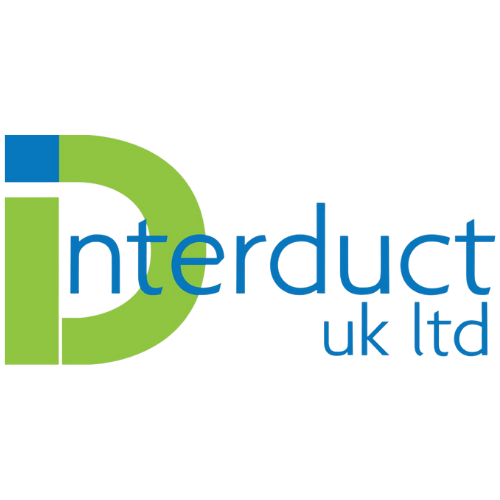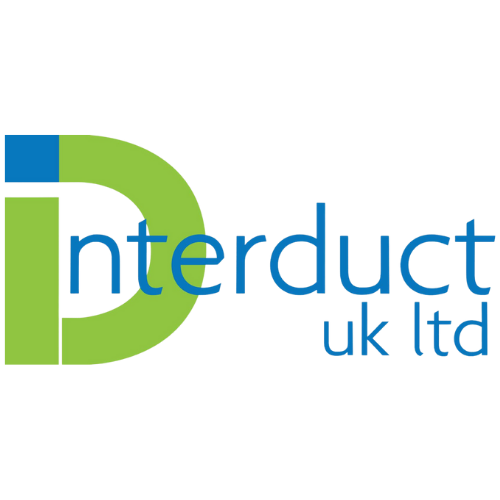
27 Jun Mastering Kitchen Extraction Cleaning for Enhanced Safety and Efficiency
In the bustling environment of a commercial kitchen, the extraction system works tirelessly to remove grease, smoke, and odours from the cooking area. However, without regular and thorough cleaning, this system can quickly become a liability, posing serious fire hazards and operational inefficiencies. Mastering Kitchen Extraction Cleaning is essential for any establishment looking to maintain a safe, compliant, and efficient kitchen.
The Importance of Kitchen Extraction Cleaning
Kitchen extraction systems are prone to accumulating grease and debris, which can ignite with just a small spark or high temperature. This makes regular cleaning not just a maintenance task but a critical safety procedure. Moreover, a clean extraction system ensures better air quality and reduces strain on the kitchen’s HVAC system, leading to improved energy efficiency and a more comfortable working environment for staff.
Steps to Effective Kitchen Extraction Cleaning
- Initial Assessment: Before any cleaning begins, a thorough inspection of the extraction system is necessary to identify the level of buildup and any areas needing special attention.
- Degreasing and Cleaning: Using safe and effective chemical wash methods, all parts of the system, including hoods, filters, ducts, and fans, are meticulously cleaned to remove grease and other deposits.
- Post-Cleaning Inspection: After cleaning, the system is inspected again to ensure that no area has been overlooked and that the system operates at optimal efficiency.
- Documentation and Certification: A full photographic report and certification of the cleaning are provided, which are crucial for insurance purposes and compliance with health and safety regulations.
Case Study: Revitalising “The Seafront Bistro”
“The Seafront Bistro” had experienced a noticeable decline in kitchen efficiency and faced complaints about odours and smoke. A detailed Kitchen Extraction Cleaning was conducted, which not only eliminated the immediate fire risk but also improved the overall air quality and reduced the operational load on their HVAC system. The result was a more efficient kitchen, happier staff, and a significant decrease in energy costs.
Why Professional Kitchen Extraction Cleaning Matters
- Fire Safety: Reduces the risk of grease fires, one of the most common and dangerous hazards in commercial kitchens.
- Health and Comfort: Ensures a healthier working environment by improving air quality and reducing harmful contaminants.
- Compliance and Insurance: Meets regulatory standards and insurance requirements, protecting the business from potential legal and financial penalties.
- Operational Efficiency: Enhances the performance of the kitchen’s ventilation system, leading to lower energy bills and fewer repairs.
Conclusion
Kitchen Extraction Cleaning is not just about keeping your kitchen clean; it’s about ensuring it operates safely, efficiently, and within the bounds of regulatory compliance. By prioritising this essential maintenance, you can protect your business, your staff, and your patrons from the risks of a neglected extraction system. Ready to enhance your kitchen’s safety and performance? Contact us today for expert cleaning services that make a difference.




Sorry, the comment form is closed at this time.